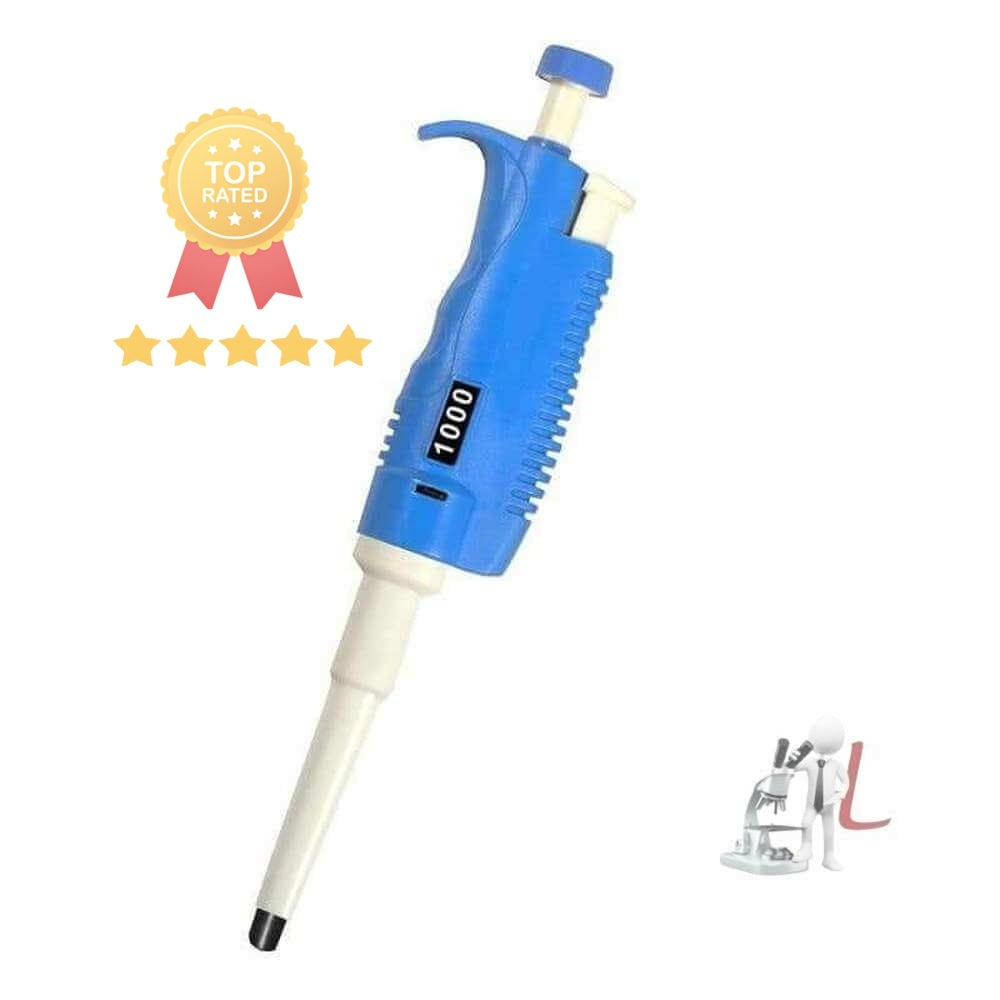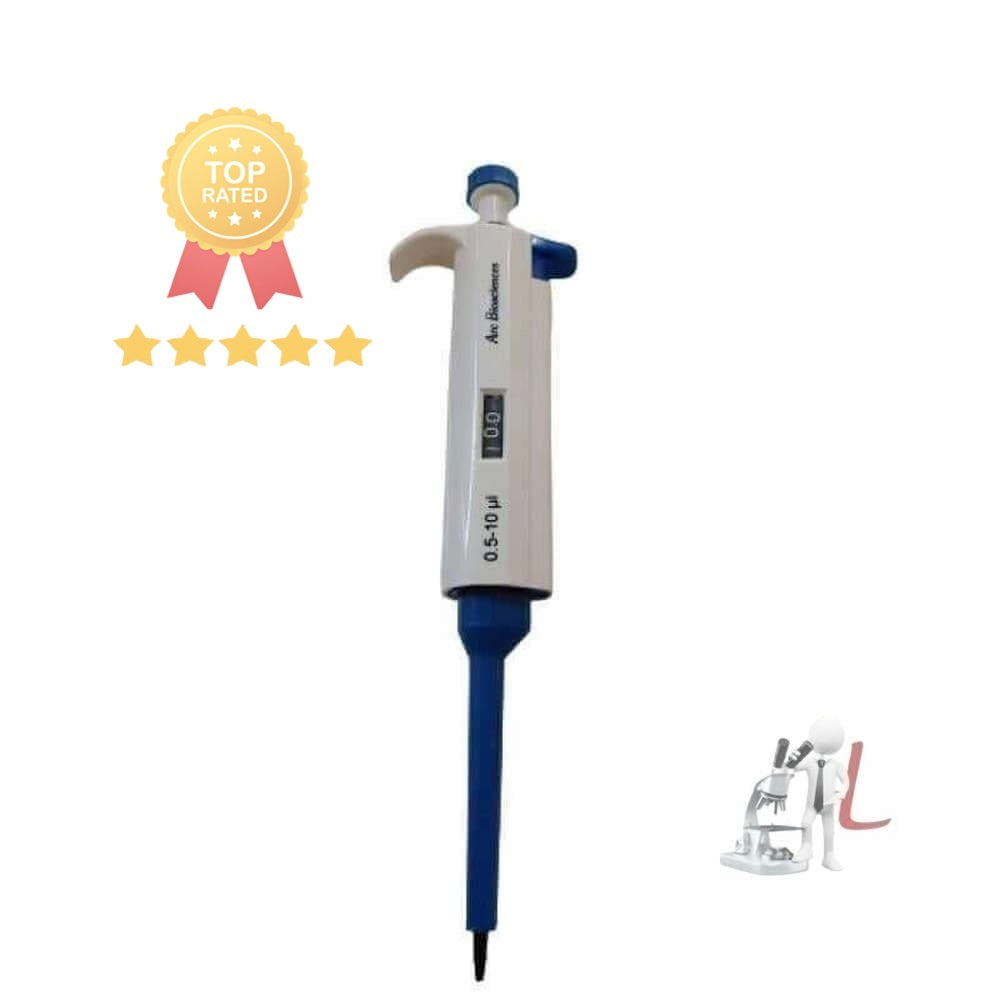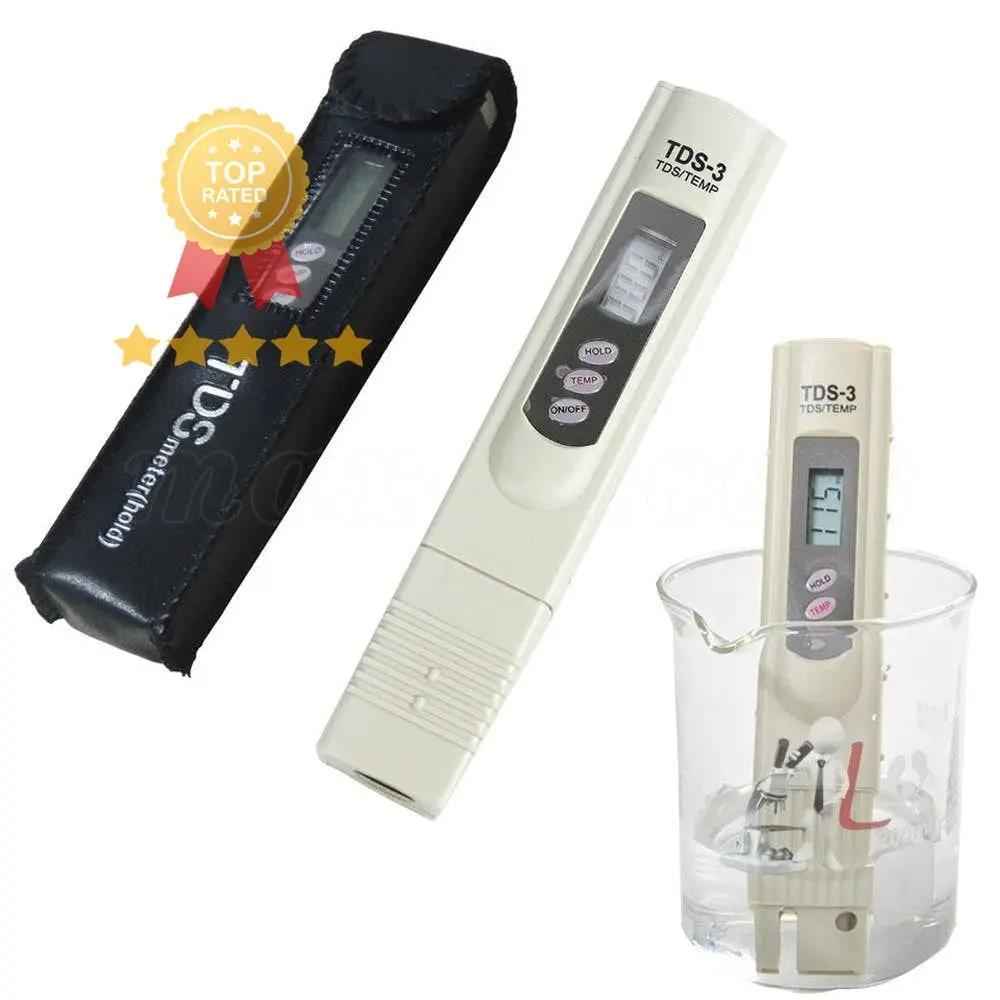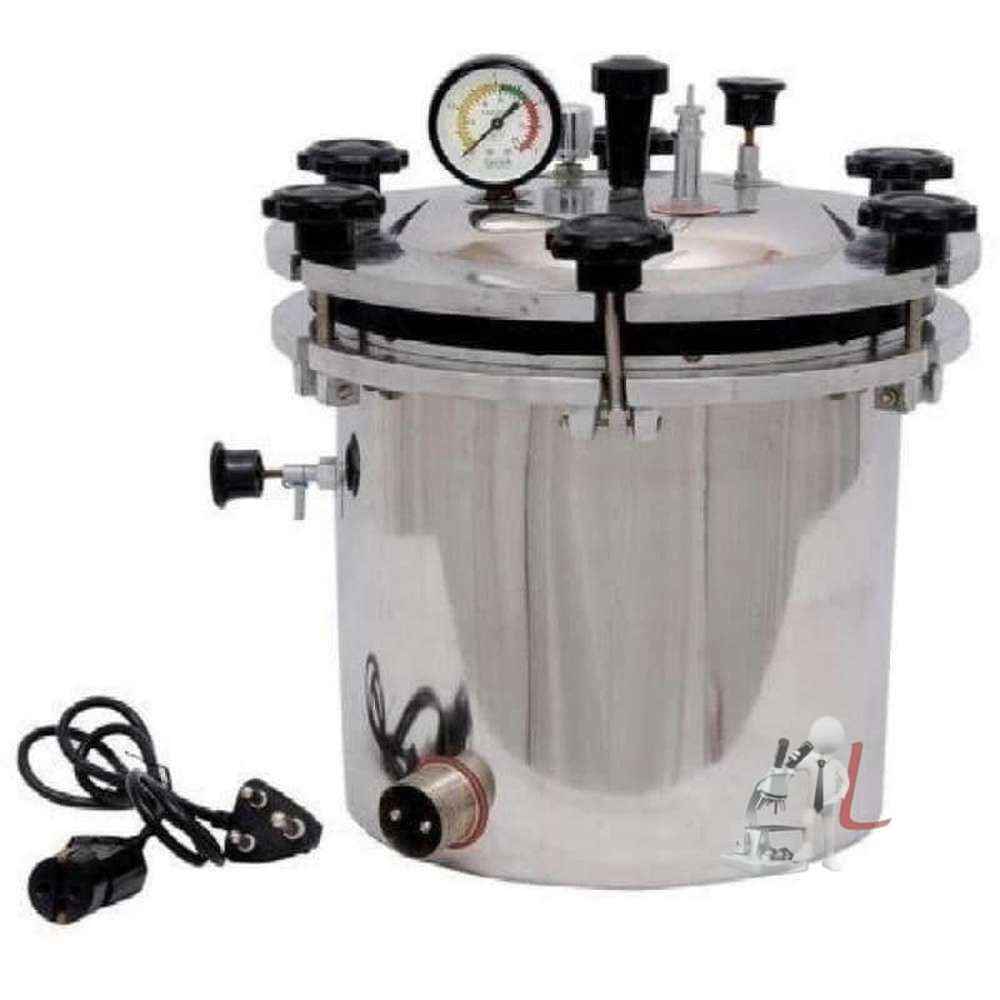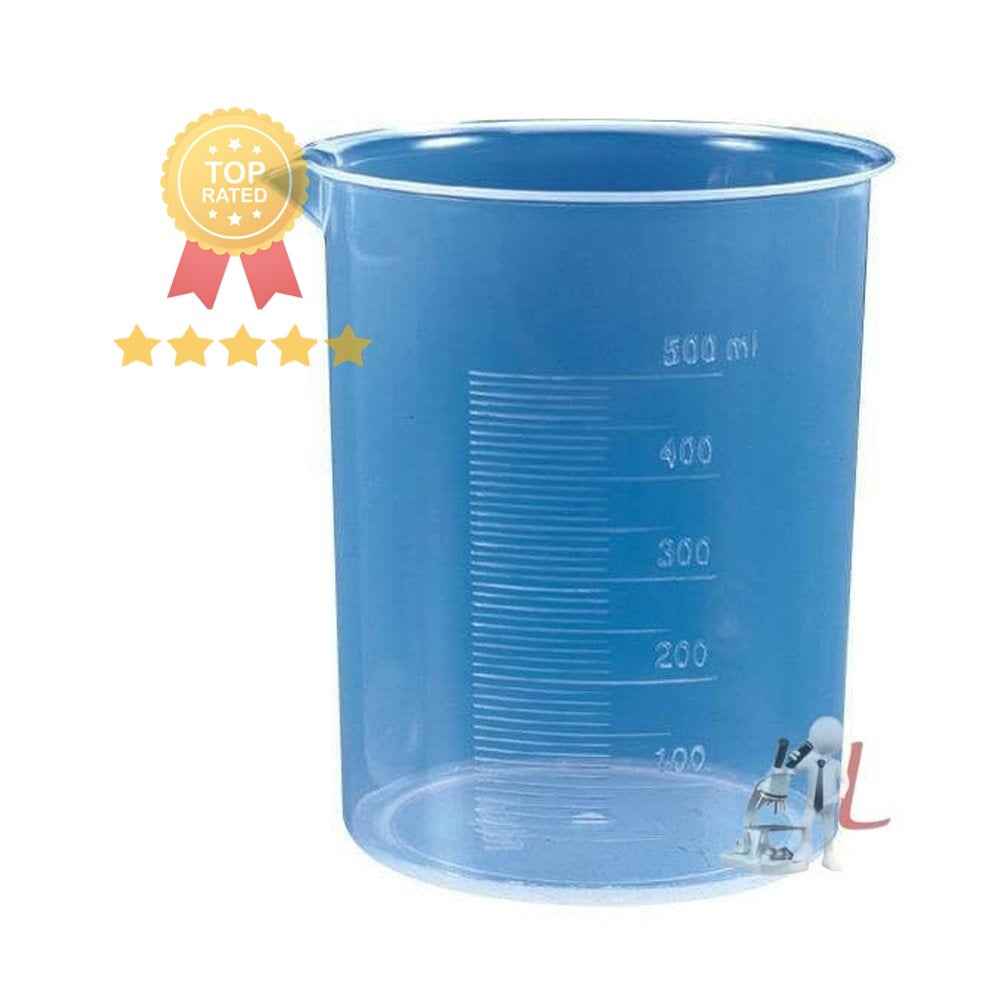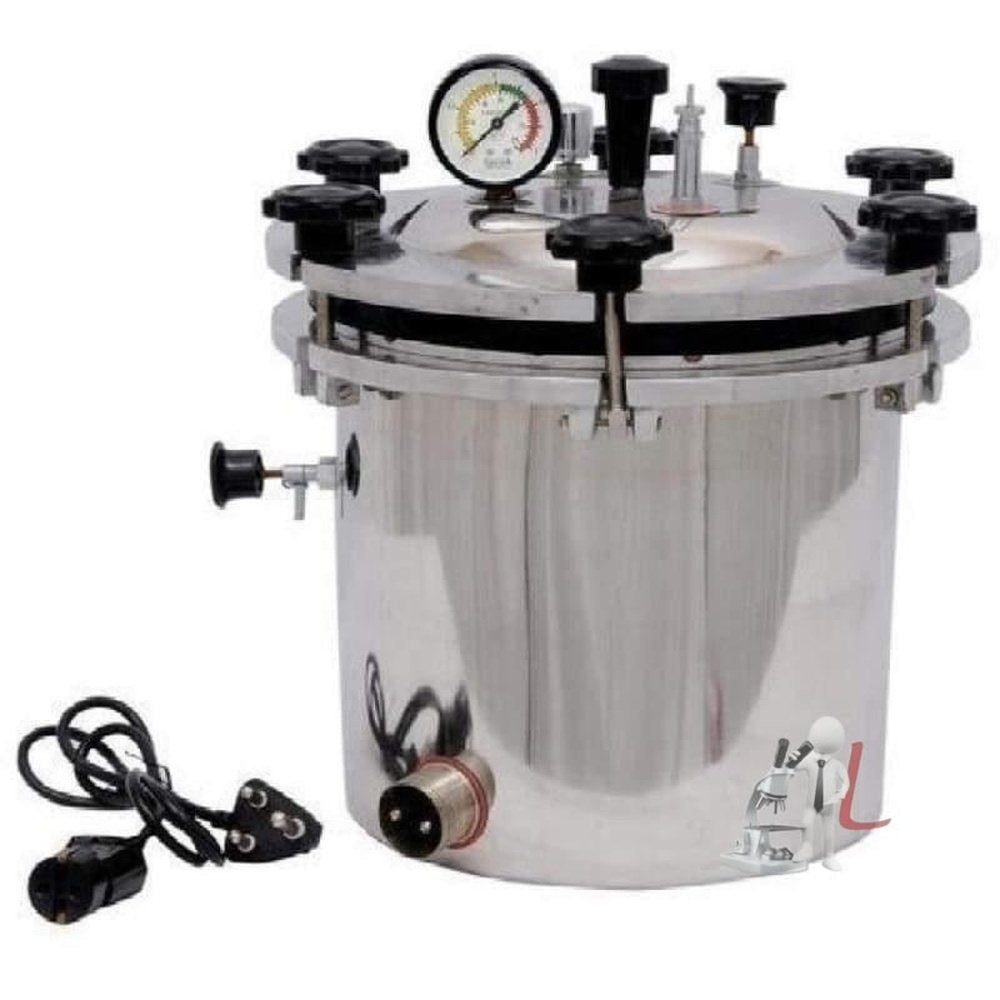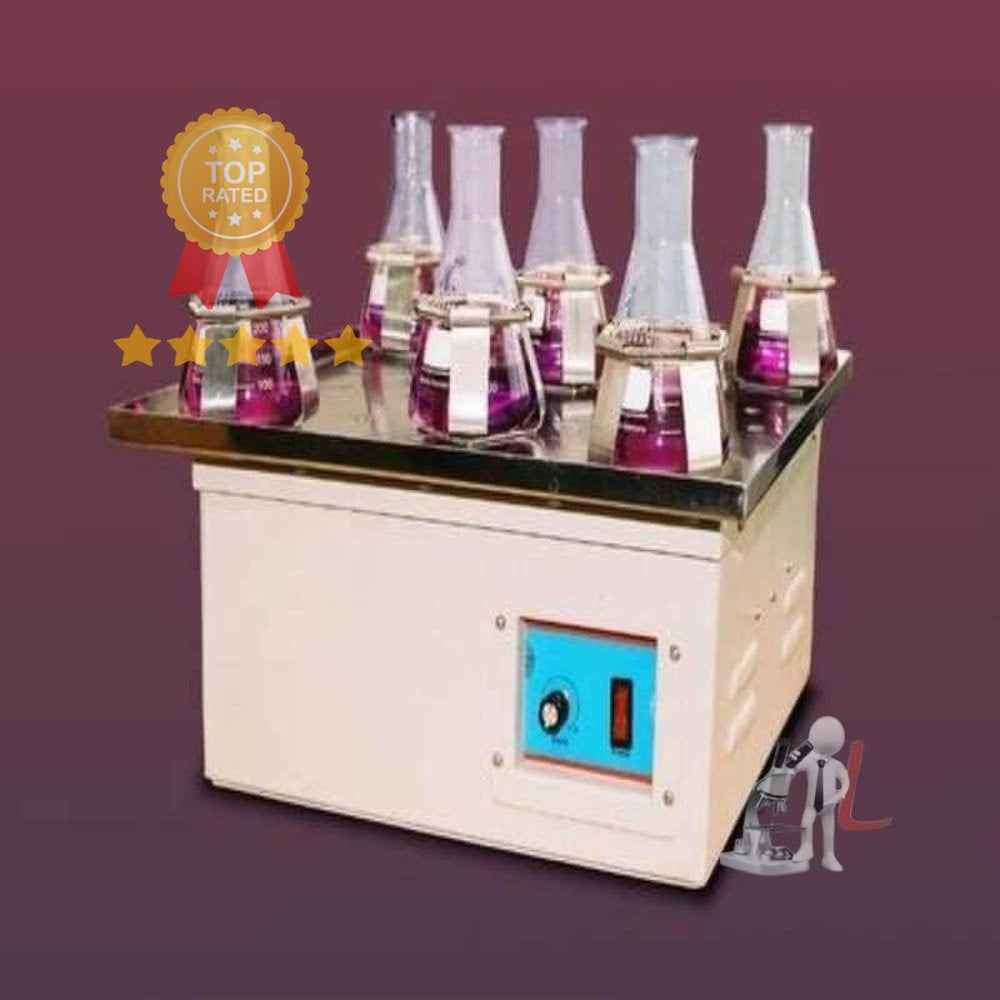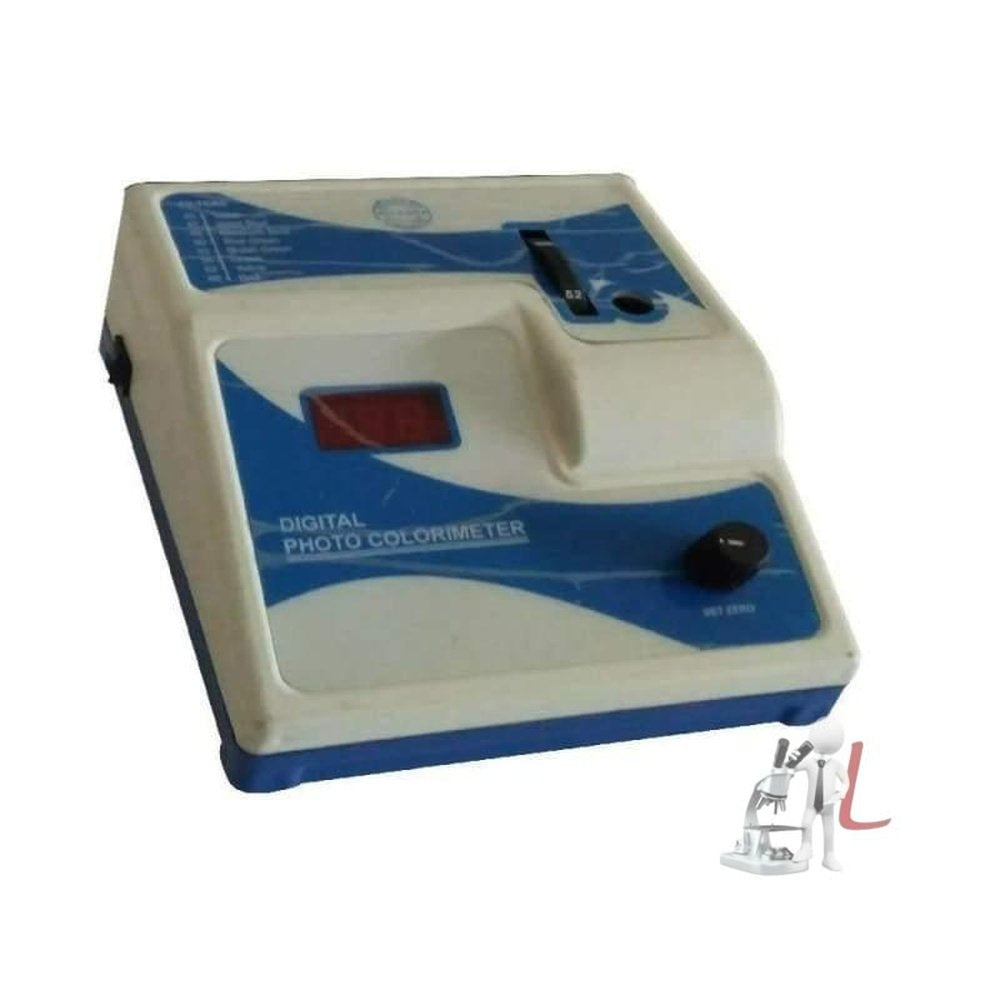Paediatrics Lab Equipment
Paediatrics lab equipment is essential in the healthcare field, especially for the diagnosis and care of infants, children, and adolescents. These specialized tools and instruments are designed to provide accurate diagnostics, facilitate monitoring, and enhance patient care, ensuring that healthcare providers can deliver the best possible outcomes for their young patients.
In paediatrics, the use of appropriate lab equipment is crucial, as children's physiological and developmental characteristics differ significantly from those of adults. Therefore, the need for precision, safety, and adaptability in medical instruments becomes apparent. From blood sample analysis to imaging and monitoring vital signs, all these processes necessitate the use of high-quality lab equipment tailored to the needs of paediatric patients.
Common types of paediatrics lab equipment include blood gas analyzers, pediatric scales, and neonatal incubators. Blood gas analyzers help in measuring oxygen and carbon dioxide levels in a child's blood, which is vital in diagnosing respiratory conditions. Pediatric scales ensure accurate weight measurements for children, which is important for medication dosing and monitoring growth patterns. On the other hand, neonatal incubators provide a controlled environment for premature or ill infants, regulating temperature and humidity to promote healthy development.
Moreover, diagnostic imaging equipment such as ultrasound machines and X-ray machines must be adapted for paediatric use. These devices often come with features that minimize exposure to radiation, which is particularly important for children due to their sensitivity to radiation. With advancements in medical technology, portable ultrasound scanners are now available, allowing for real-time imaging and immediate diagnostics that improve patient management in paediatric care settings.
Another remarkable piece of lab equipment in paediatrics is the spirometer, which assesses lung function. It plays a crucial role in diagnosing asthma and other respiratory conditions common among children. For performing blood tests, pediatric phlebotomy equipment ensures that blood is drawn swiftly and accurately, reducing discomfort and anxiety for young patients.
Furthermore, the development of point-of-care testing devices has revolutionized paediatric lab work. These portable devices allow for rapid testing and immediate results, which is invaluable in emergency situations where time is critical. The ability to conduct tests such as glucose monitoring or infectious disease screenings at the bedside improves treatment speed and enhances outcomes.
Safety is paramount in paediatric care, and lab equipment is designed with various safety features to protect both patients and healthcare providers. For example, sharps containers specifically designed for children minimize the risk of injury during procedures. Additionally, equipment is often designed with user-friendly interfaces, ensuring that even less experienced staff can use it effectively while maintaining high standards of care.
Training and education on the use of paediatrics lab equipment are essential for ensuring accurate diagnosis and treatment. Healthcare professionals must be well-versed in the operation of these tools and understand how to interpret the results effectively. Regular training sessions and workshops can help keep medical staff updated on the latest technologies and improve their skills in using paediatric lab equipment.
In recent years, the integration of telemedicine has further underscored the importance of high-quality lab equipment in paediatrics. Virtual consultations often require diagnostic tests to be conducted by trained personnel at local facilities, making the accuracy of instruments even more critical. For healthcare providers, having the right paediatrics lab equipment is a matter of ensuring equitable access to high-quality care for all children.
In summary, paediatrics lab equipment plays a pivotal role in the accurate diagnosis and care of young patients. The continued evolution of technology in medicine promises even more sophisticated tools that will enhance the precision of diagnostics and improve overall patient care. As healthcare evolves, it is imperative that investment in paediatrics lab equipment keeps pace, ensuring that healthcare providers have the necessary resources to deliver top-notch care for the youngest members of our society.
Filter
Sort by

